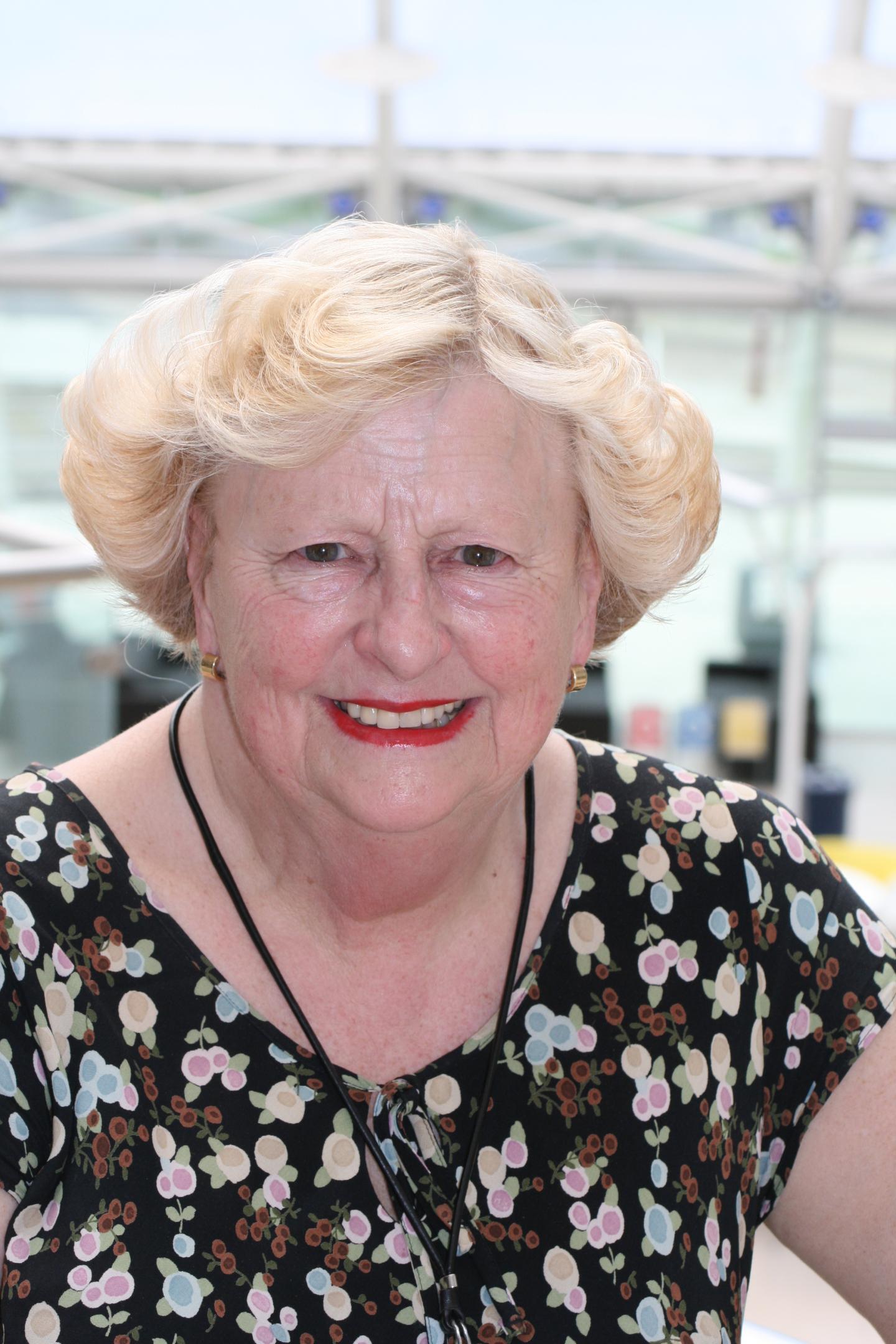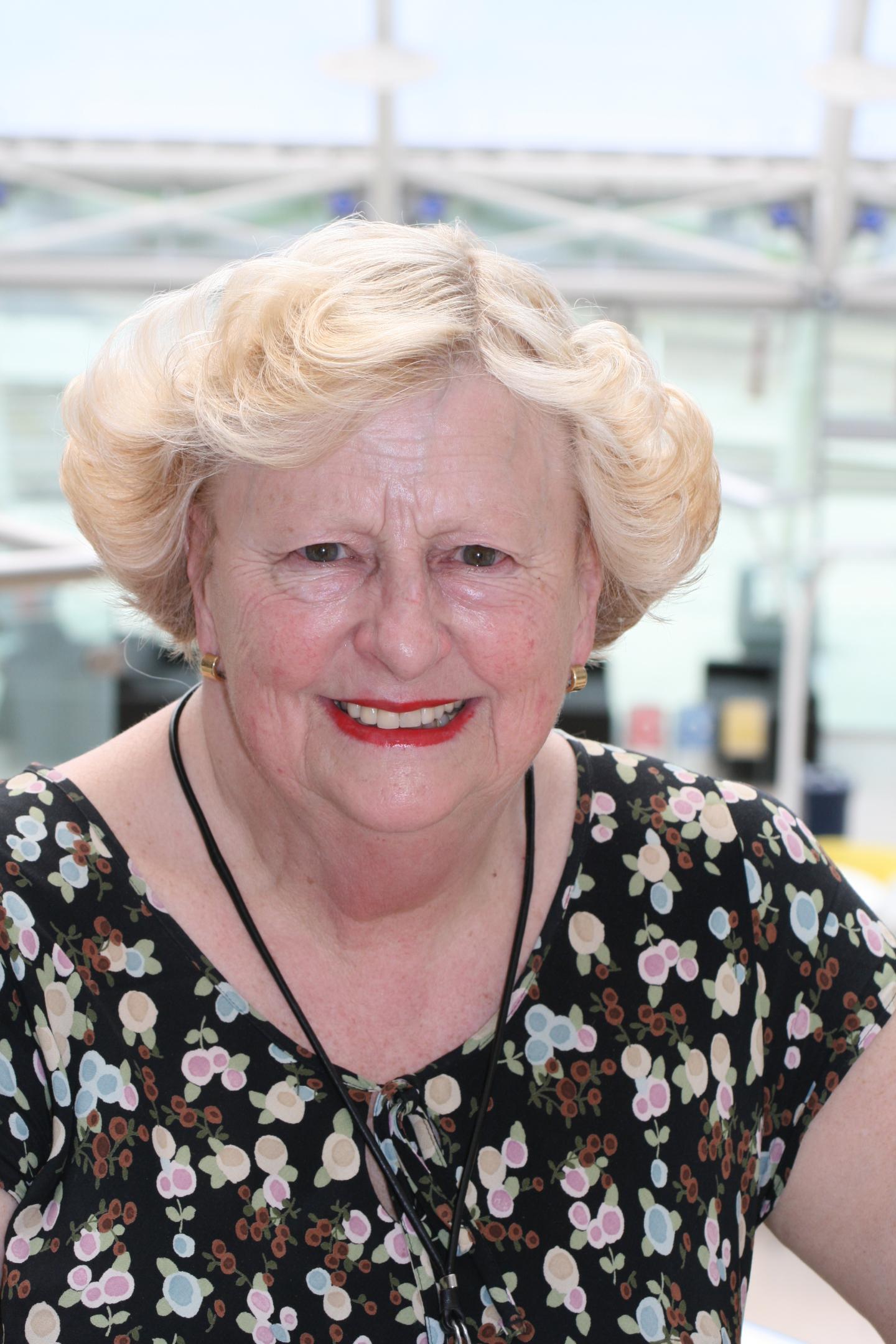
Credit: University of Bradford, UK
UK researchers behind a potential 'universal' liquid biopsy blood test for cancer detection have licensed the technology to an industrial partner to take it to market.
The research team believes that the test could be the first screening tool to 'rule in, or rule out' cancer in patients under suspicion of the disease, alongside other traditional diagnostics methods.
The test was developed at the University of Bradford, UK. It measures the damage to the DNA of white blood cells when subjected to different intensities of ultraviolet (UV) light, revealing measurable differences in the cells' susceptibility to further damage in patients with cancer.
The damage forms a 'comet tail' of DNA pieces that are pulled towards the positive end of an electric field. The longer the comet tail, the more DNA damage is present, which correlates with the presence of cancer. In a 2014 proof of concept study, the Bradford researchers showed they could identify which samples were from patients with three different types of cancer – even those who had yet to be diagnosed – with 93 per cent success.
However, in their two most recent clinical trials of the test involving over 700 blood samples from colorectal and prostate cancer patients (and further breast and lung cancer samples that were available), they were unable to distinguish those with cancer from healthy patients in 60 cases.
To determine whether scoring more cells on the slides would explain this 'challenging subgroup', lead researcher Professor Diana Anderson from the University of Bradford asked IMSTAR, to reanalyse the inconclusive slides. The Bradford team had scored 100 cells per slide, but the Pathfinder™ system is able to analyse up to 10,000 cells per slide, and uses Artificial Intelligence concepts in its proprietary software.
Scoring a minimum of 2,000 cells per slide, the IMSTAR Pathfinder™ system was able to separate all individuals of the cancer group from the healthy control group with confirmed statistical significance. These findings are published in FASEB BioAdvances journal.
Professor Anderson said: "This test is different from other universal cancer tests being developed, because it is not looking for a specific biomarker or mutation. This is a generic test for cancer in an individual, regardless of the underlying mechanism that's causing their cancer.
"I'm now convinced that if we used the powerful IMSTAR system to look at thousands of cells on all the slide samples in the trials, we would see a significant increase in the overall predictability beyond the original 93 per cent of the original 2014 study."
Paris-based company IMSTAR has now coupled the innovative technology developed at Bradford with their fully-automated Pathfinder™ cell reader-analyser to create a powerful and robust test for early detection, called TumorScan™.
Co-first author Dr Mojgan Najafzadeh from the University of Bradford said: "We feel that we've taken it as far as we can in proving that the test works with high predictability for cancer outcome, and IMSTAR are the right partners to improve it still further."
Dr Francoise Soussaline, PhD, DSc, IMSTAR's president said: "To bring a universal 'liquid biopsy' blood test for cancer to market, it must achieve a number of criteria, including high sensitivity and specificity and be fully automated with high throughput for a medical routine use. In addition, test results must be available in 24hrs and at affordable cost.
"We believe that the combination of Bradford's innovation and IMSTAR's unique expertise has shown that TumorScan can achieve these requisites."
IMSTAR's vice-president for medical applications, Dr Michel Soussaline, confirmed that the company will be working to automate the full test workflow further to take it to market.
###
Media Contact
Mark Thompson
[email protected]
44-012-742-36510
@BradfordUni
http://www.bradford.ac.uk
Related Journal Article
http://dx.doi.org/10.1096/fba2.1020





